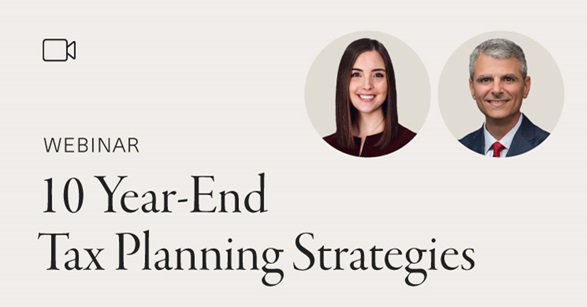- A certified check is a type of check in which a financial institution verifies an account holder has enough funds in their bank account to clear the payment.
- A certified check is not the same as a cashier’s check, even though both terms are often used interchangeably.
- To obtain a certified check, account holders must generally go to their bank or credit union branch, though not every financial institution offers certified checks.
In some situations involving large purchases, such as down payments on a car or a home, or for major fixed assets, you may need to provide reassurance that you have a certain amount of funds available in your bank account before making a payment. A certified check offers one way of giving a payee this peace of mind.
What is a certified check? It is a personal check guaranteed by your bank. Essentially, the bank's stamp and signature on the check certifies it, telling the payee that you do, in fact, have sufficient funds in your bank account to complete the payment, and the check will not bounce.
Although certified checks are often discussed in tandem with cashier’s checks, they’re not the same. This piece will touch on how the two differ, as well as how certified checks work and what makes them useful.
How does a certified check work?
A certified check has a specific process that distinguishes it from other types of payments, including cashier’s checks, personal checks and money orders.
Once an account holder writes a check, the financial institution will check the account holder’s funds to make sure they have a large enough balance to clear the payment, and the check will not bounce or the issuer will not overdraw. The bank will physically certify and stamp the check once verified and then put a hold on money in the payer’s account to cover the check until it’s cashed. This ensures the funds are available in full, even while the account holder continues to actively use the account.
|
Is a Certified Check Secure? |
|
A certified check is considered to be more secure than a personal check, since certified checks are generally considered less vulnerable to fraudulent activity as a bank authenticates the document. |
Certified checks vs. cashier’s checks
Certified and cashier’s checks may seem similar at first glance, and are often discussed as if they're interchangeable. However, they are distinct types of payment options, and each handles funds differently.
|
Certified Checks |
Cashier’s Checks |
|
|
Consider both the benefits and drawbacks of certified checks before choosing and using one.
Benefits and drawbacks of certified checks
A certified check has both pros and cons that are important to know before you decide to use one as your payment option.
|
Benefits |
Drawbacks |
|
|
If you decide a certified check is the right payment method for you, your next step will be to look to your financial institution to get a certified check.
How to get a certified check
Before you get a certified check, you’ll want to call your bank to find out if they offer the payment option. Not all banks, credit unions or financial institutions offer certified checks (in many cases, they offer cashier’s checks instead).
If your financial institution does offer certified checks, you will need to visit a bank branch location to get the check certified by a bank representative. Note, the bank may charge a small fee for a certified check (this is the case for a cashier's check, too).
There is one more important step in the certified check process: learning how to protect yourself from check fraud, which can ultimately save you time and money.
Protecting yourself from check fraud
While a certified check is designed to ensure enough funds are in your account to cover the check, and certified checks can be more secure than other forms of payment, be aware of these signs of potential check fraud, especially if you are on the receiving end of a certified check.
To identify check fraud, you may want to call the issuing bank's phone number after receiving the check to verify the account holder’s name and check number, and examine the check for possible typos or errors. If you suspect fraud or any other issues, the issuing bank can help you sort through your concerns and validate the check or identify it as nefarious.
Before you decide on a certified check, compare other types of check options and payment types to determine whether they’re a good fit for your particular situation.




